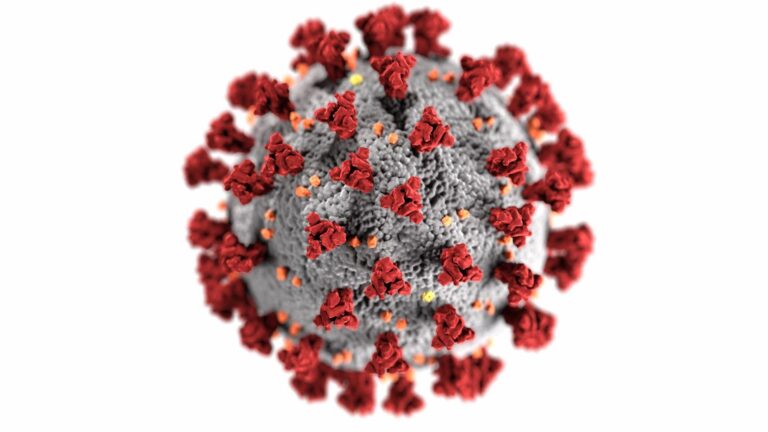Another decision in Pechsteins battle against the Court of Arbitration for Sport
In 2009 the International Skating Union (ISU) imposed a two-year-long competition ban against the speed skater and most successful German Winter Olympian of all-time. The reason for the ban were abnormal blood values discovered during doping controls. On the basis of the blood test results the ISU has argued that Pechstein was in fact doped. Claudia Pechstein denied the accusations. The speed skater has later presented proof that an inherited blood disorder is the true reason for her irregular blood results. On the second of October the European Court of Human Rights (ECtHR) has adopted the most recent decision in the case of Claudia Pechstein.
Claudia Pechsteins legal battle began, when she challenged the ISU´s decision in front of the Court of Arbitration for Sport (CAS) based in Lausanne. But the CAS has ruled in the ISUs favour in November 2009, stating that the imposed ban was a legitimate one. Since then Ms. Pechstein has challenged the CAS ruling in several courts. First Ms. Pechstein filed an appeal with the Federal Supreme Court of Switzerland (the CAS decisions can be overruled by the Swiss Supreme Court on the grounds of procedural irregularities). Her appeal was rejected.
Therefore the speed skater filed a complaint against Switzerland with the ECtHR in Strasbourg. The ECtHR is a supranational court instituted by the European Convention of Human Rights (ECHR). Any person who alleges that his or her rights granted by the ECHR are violated by a contracting state can file an application to the ECtHR. Ms. Pechstein and her lawyers have argued that the Swiss courts have violated her right to a fair trial enshrined in Article 6 of the ECHR.
Ms. Pechstein has complained about the fact that athletes need to sign arbitration clauses in order to compete in competitions and thus are forced to bring their cases before the CAS. The ECtHR has recognised that the athletes are compelled to agree to arbitration clauses. Nevertheless the judges in Strasbourg have not upheld Pechsteins argument that the CAS is not an independent and impartial tribunal established by law. Ms. Pechstein has contested the way in which CAS arbitrators are selected. She argued that the sports federation have too much say in the selection. The ECtHR could not find any evidence for Ms. Pechsteins claim and rejected it for being too vague and hypothetical.
The German athlete has also complained about not being granted a public hearing. This was the only point on which the ECtHR agreed with her. Ms. Pechstein has requested such a public hearing before the CAS in 2009. Her request was subsequently denied. The judges of the ECtHR have concluded that the denial of a public hearing was a violation of Claudia Pechsteins right to a fair trial. Because of this infringement of Art. 6 ECHR Ms. Pechstein was granted compensation amounting to 8000 EUR.
Most observers have described the ECtHR judgement as just another loss for Ms. Pechstein, because the CAS maintains his powerful position as the only court for athletes to bring legal actions against the sports federations. But the last word in the matter in still not spoken, as the speed skater continues to take legal action against the CAS rulings in Germany. After Ms. Pechstein has lost her case in the German Federal Court (Germany´s highest civil court) in 2016, she has taken the case Germany’s Federal Constitutional Court in 2017. Ms. Pechsteins lawyers say that the ruling of the ECtHR will have a positive effect for their client with regard to the proceedings before the German Federal Constitutional Court. The only thing which can be said for sure is that it will take time until a decision is delivered by Federal Constitutional Court.


